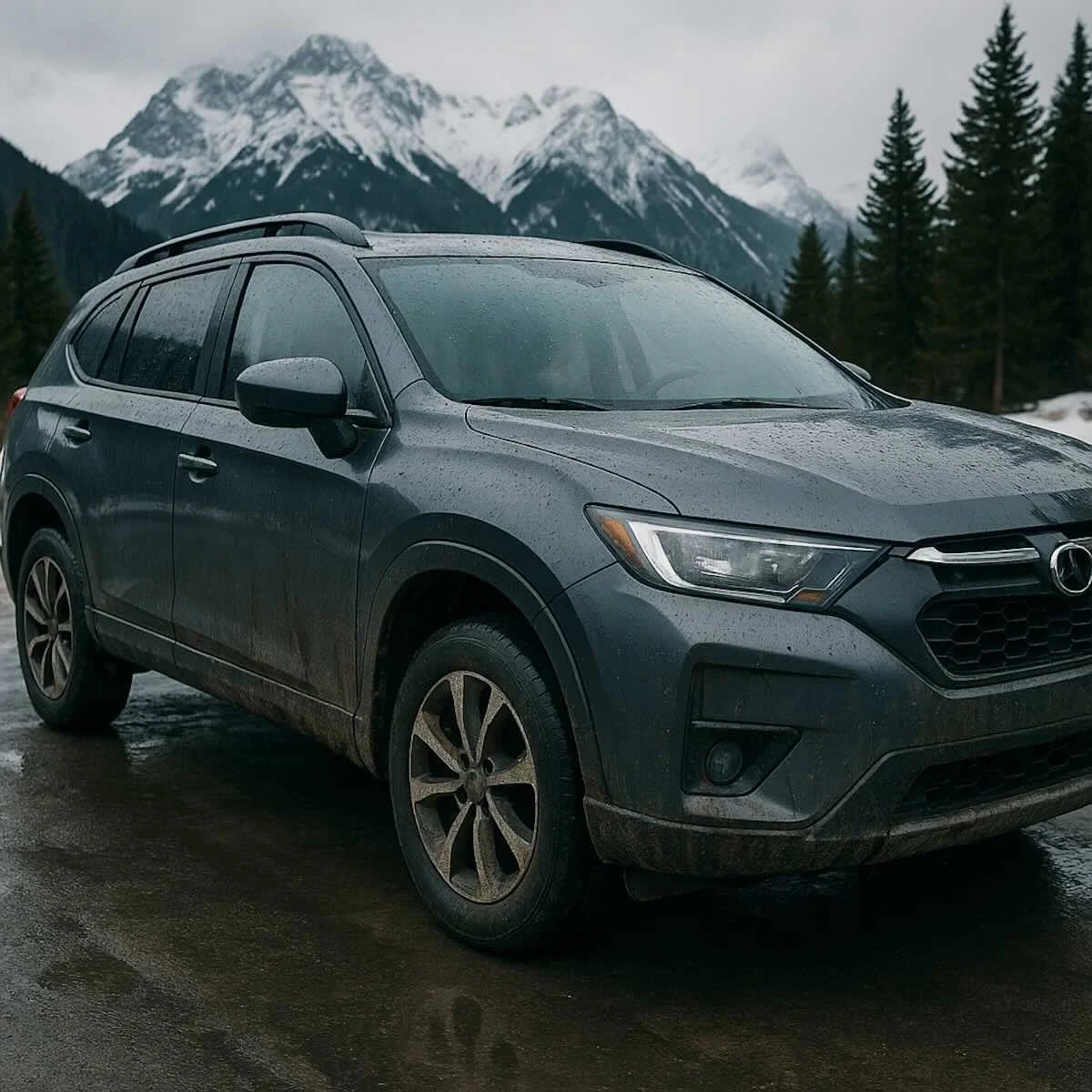Do Vehicles Rust in Colorado?
If you’re buying a car or moving to Colorado, you might wonder: Do vehicles rust in Colorado? The answer isn’t a simple yes or no. While Colorado’s dry climate slows down rust compared to humid states, certain local conditions—especially winter road salt and mountain moisture—can still cause corrosion over time.
Let’s break down how rust really happens here and what you can do to prevent it.
Why Colorado’s Climate Helps Prevent Rust
One major reason cars rust slower in Colorado is the low humidity. Rust thrives on moisture, and much of the state, especially along the Front Range and Eastern Plains, is dry for most of the year.
Factors that reduce rust risk:
Dry air: Less moisture means less oxidation on exposed metal.
High altitude: Cooler, thinner air also limits corrosion.
Frequent sunshine: UV exposure can dry out road moisture quickly after storms.
If you live in areas like Denver, Colorado Springs, or Pueblo, your car is far less likely to rust than if you lived near the coast or in the Midwest.
When Rust Does Happen in Colorado
Even with dry air, rust can still develop—especially in winter or high mountain areas.
Key causes of rust in Colorado:
Road salt and magnesium chloride: Used by CDOT to melt ice, these chemicals stick to your car’s underbody and trap moisture.
Mountain conditions: Towns like Breckenridge, Vail, and Estes Park experience snow, slush, and temperature swings that promote corrosion.
Trapped mud and grime: Off-road driving or trail dust can hold moisture against the metal.
If you regularly drive in snowy or mountainous regions, rust prevention should be part of your seasonal maintenance routine.
How to Prevent Rust on Your Vehicle in Colorado
You can enjoy the mountain roads without worrying about rust damage by taking a few proactive steps.
Top rust-prevention tips for Colorado drivers:
Wash your car regularly, especially the undercarriage, during and after winter.
Apply a protective wax or sealant every few months to block moisture and salt.
Consider undercoating treatments if you live in snow-heavy regions.
Inspect your wheel wells and frame for early signs of rust spots.
Park indoors or under cover whenever possible.
A quick rinse after a trip to the mountains or through salted roads can make a huge difference in long-term corrosion.
Real-World Example: Front Range vs. Mountain Cars
A Denver-based commuter might drive the same car for ten years with minimal rust. But a vehicle in Summit County that faces snow-packed roads six months a year may show underbody corrosion within three to five years if left untreated.
Local auto shops across the state often note this difference—cars from drier urban areas tend to stay cleaner and rust-free longer, while mountain or ski-town vehicles require more frequent detailing and maintenance.
Conclusion: Rust Is Manageable in Colorado
So, do vehicles rust in Colorado? They can—but far less than in humid or coastal regions. With proper care, regular washing, and a bit of preventive attention, your vehicle can stay rust-free for many years.
Whether you’re a daily driver in Denver or an adventure seeker in Steamboat Springs, protecting your car from rust is mostly about awareness and maintenance.
FAQs
Does Colorado’s dry air prevent all rust?
Not entirely. It slows the process, but salt and trapped moisture can still cause corrosion over time.
Should I undercoat my car in Colorado?
If you drive in snowy or mountain areas often, yes. An undercoating adds valuable protection from salt and road grime.
How often should I wash my car in winter?
Aim for at least once every two weeks, and include the undercarriage wash to remove chemical buildup.

